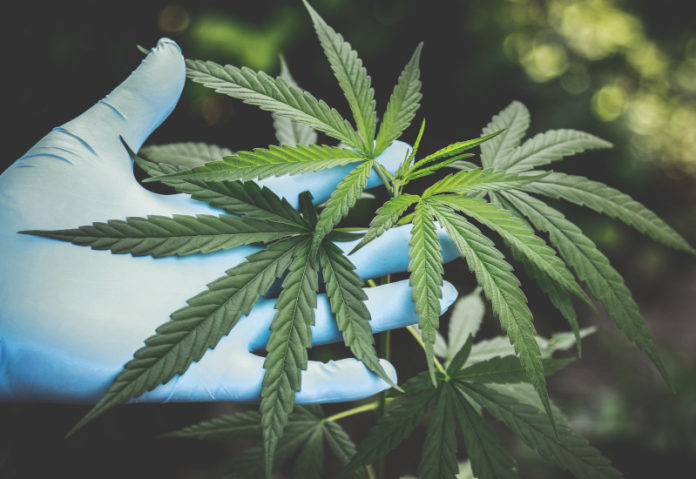Prenatal cannabis exposure following the middle of the first trimester—generally after five to six weeks of fetal development—is associated with attention, social, and behavioral problems that persist as the affected children progress into early adolescence (11 and 12 years of age), according to new research supported by the National Institute on Drug Abuse (NIDA), part of the National Institutes of Health. These conditions may put these children at a greater risk of mental health disorders and substance use in late adolescence, when youth are typically most vulnerable to these disorders and behaviors.
Published today in JAMA Pediatrics, this study analyzed data from the ongoing Adolescent Brain Cognitive Development (ABCD) Study(link is external), the largest long-term study of brain development and health in children and teens in the United States, which is supported by NIDA and nine other Institutes, Centers, and Offices of the NIH. The study was conducted by scientists at Washington University in St. Louis…














